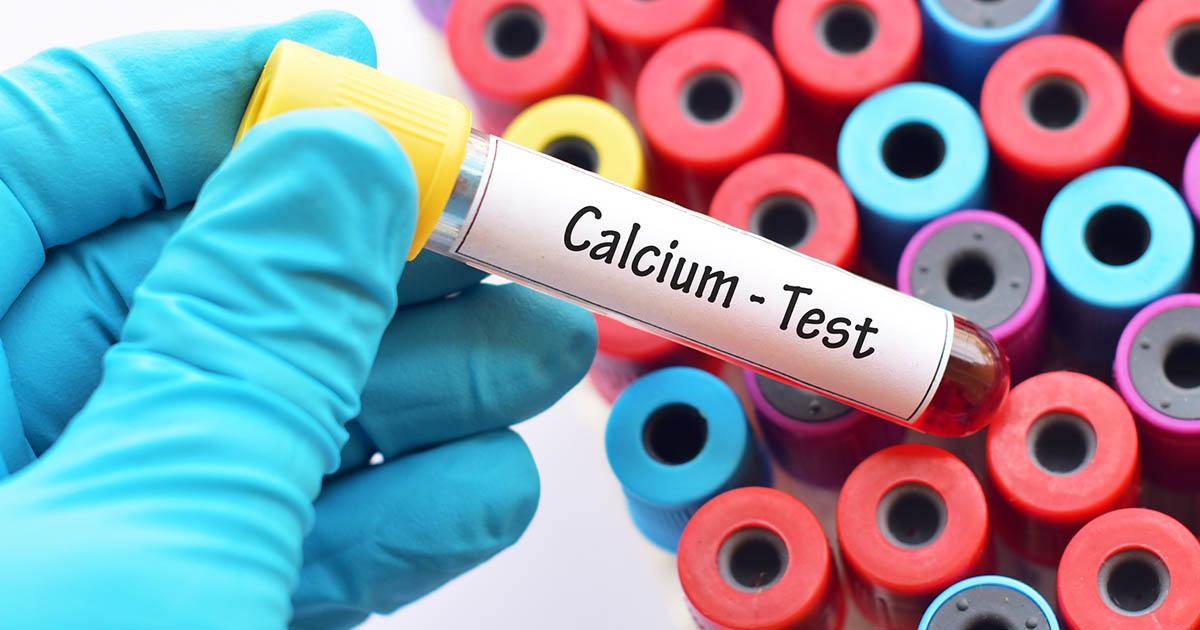Causes And Risk Factors Associated With Muscle Cramps
Depletion Of Minerals

In addition to needing vitamins, the body needs certain minerals to function properly. Vitamins and minerals make up the majority of essential nutrients. Essential nutrients must be found through an individual's diet because they are necessary for survival. The depletion of minerals can cause muscle cramps and other symptoms. If individuals have a magnesium, calcium, or potassium deficiency, they are more likely to develop leg cramps. Common signs of potassium deficiency are muscle weakness, muscle spasms and cramps, fatigue, digestive issues, heart palpitations, muscle stiffness, tingling or numbness in the extremities, trouble breathing, and unusual mood changes.
Magnesium deficiencies present with muscle twitching and cramping, mental health issues, osteoporosis, muscle weakness, fatigue, high blood pressure, an irregular heartbeat, and asthma. Long-term calcium deficiency can cause symptoms such as muscle issues, fatigue, changes to the skin and nails, osteoporosis, osteopenia, tooth decay, irritated or diseased gums, and depression. Even if patients get these minerals through their diet, diuretic medications can sometimes deplete them. Diuretics are often prescribed for high blood pressure, and they work by eliminating fluid in the body.
Uncover more information on causes and risk factors associated with muscle cramps now.